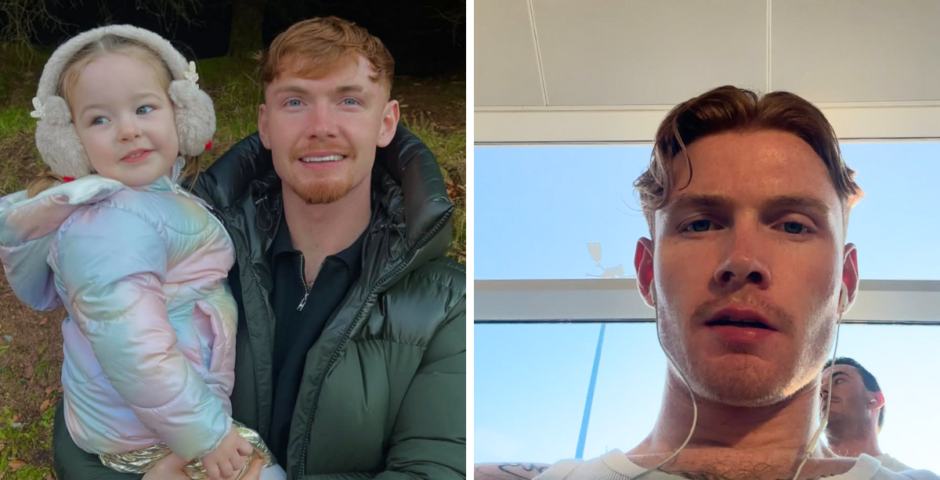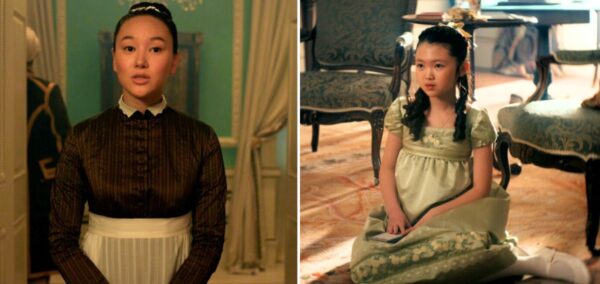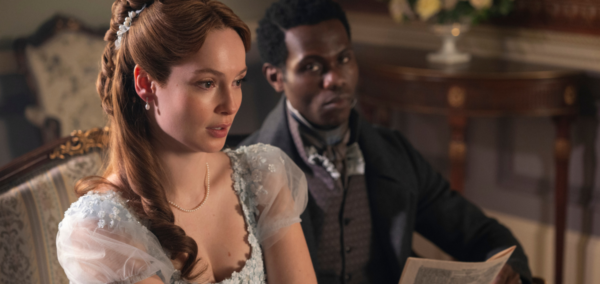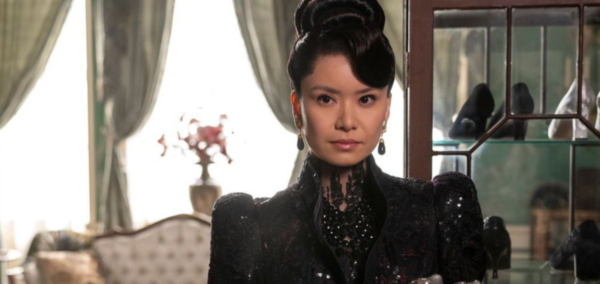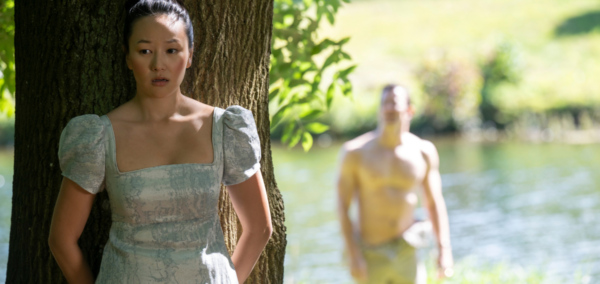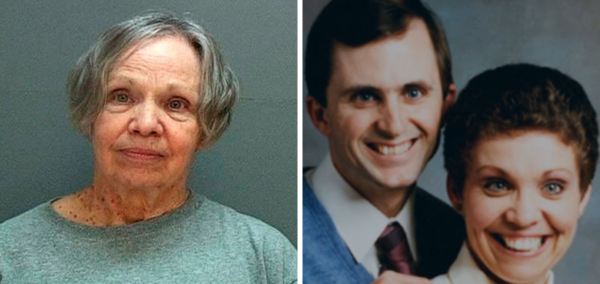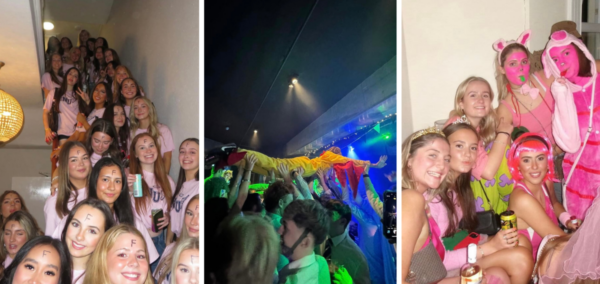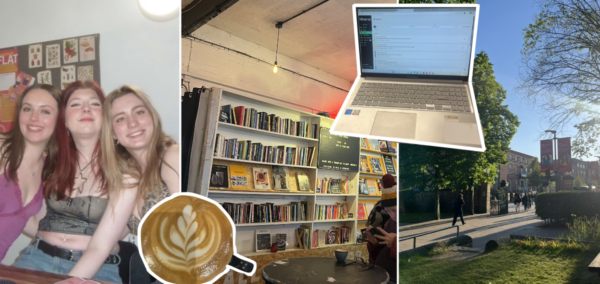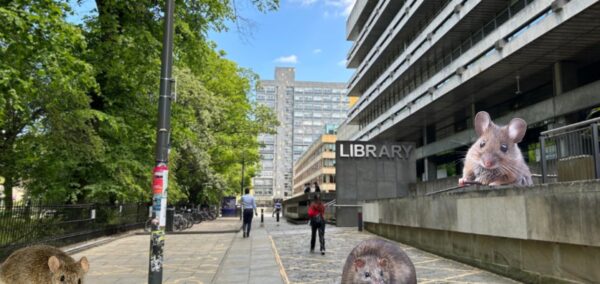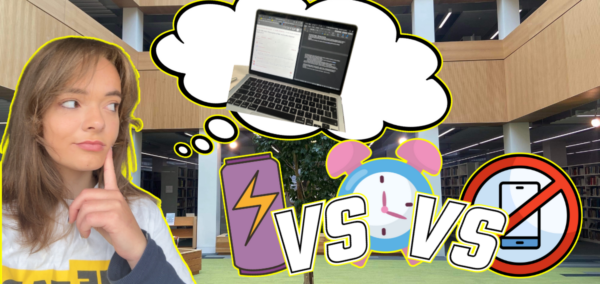
Durham uni sports teams banned from hosting drinking socials in student housing
Students caught hosting socials in private spaces will face non-academic misconduct procedures
Team Durham has banned sports team socials involving alcohol from taking place in private residences after growing “challenges for the safety and wellbeing of new members”.
Pre-drinks and socials where alcohol will be present are now required to take place in public venues.
A new framework for club socials outlined that students who are caught hosting socials where alcohol consumption takes place will face a non-academic misconduct procedure and management action.

These changes come after reports of “initiation style behaviour” in a variety of Team Durham clubs in the past decade, including men’s hockey (2017), men’s rugby union (2020), and men’s football and cricket (2023). Team Durham believes that “the route to change is through providing robust education and training”.
The document outlined how socials involving alcohol can “generally encourage excessive consumption of alcohol, often through specific drinking challenges”. It also suggested that socials in private residencies are where “behaviours which fall short of expectations take place”.
It read: “Not only do they foster an intimidating environment and a high sense of uncertainty, they may also create disturbances that affect neighbours.”
Clubs with larger members were also considered harder to manage, as students in leadership roles are unable to monitor all behaviour: “Socials for clubs with larger membership numbers are often spread amongst numerous private residences due to the sheer number of participants, and they present many more challenges for the safety and wellbeing of new members as clubs, and specifically their leadership groups, find it very difficult to ensure that standards of appropriate behaviour are upheld across multiple venues.”
Most Read
It is because of these concerns that Team Durham has banned alcohol consumption in privately hosted socials. In bold lettering, the framework read: “Socials involving alcohol consumption will be required to take place in public venues, and there will be no exceptions to this”.
The framework also outlined criteria that Team Durham socials absolutely must not include, such as targeting new members, pairing physical challenges with alcohol consumption, interviewing new members in front of a senior panel, having fancy dress themes that may offend those with protected characteristics, instructing members which drinks to bring, requiring members to have their phones taken, any form of nudity and any promotion of rape culture.
Sanctions for not following these criteria are very significant, such as the suspension of all club activities for a period of time, long term sanctions against individuals that could see them being “removed from their club, suspended or fully removed from the university”, and the livelihood of staff (specifically coaches) employed to work directly with sports teams.

The framework indicates that unless a club is consistently negligent, a sanction is more likely to be placed on the individual responsible for breach of the framework, saying “investigations will primarily focus on individuals who are responsible rather than the club itself”. However, management action can and will be taken against a club or team if “there is evidence available that indicates sufficient action had not
been taken to stop activity by all members present or a totting up of low-level offences”.
Breaches of framework have been divided into two separate categories, depending on significance – the differential factor between the two is the extent of damage to the university, its reputation, or its staff or students. Frequent or repeated misconduct, or failure to comply with previous lower-level sanctions, can also be considered a category two offence.
Category one offences can result in “written warning, further education either online or face to face, community service, written apology”. Category two offences can result in “temporary removal or suspension from the club and university buildings, temporary or permanent suspension from academic studies, forfeiture of fixtures or individuals and/or teams.” All SMV offences are classified as category two offences.
Acknowledging the benefits of socials for team bonding and making friends, Team Durham explained how they “play an essential role in welcoming team members into their respective clubs, while also fostering environments that help to build friendships”, but encouraged teams to introduce a wider variety of socials.
Some suggested socials which create “positive culture” included “pasta bonding, team curries, team building activities, coffee mornings and breakfasts”.
Also included in the document, Team Durham defined Sexual Misconduct and Violence (SMV) as “any unwanted conduct of a sexual nature which occurred in person or by letter, telephone, text, email or other electronic and/or social media”. Particularly in relation to socials, this includes behaviours such as inappropriately showing sexual organs to others, recording and/or sharing intimate images of someone without their consent, and arranging or participating in events which may reasonably be assumed to cause degradation and humiliation to those who have experienced sexual violence.
Themed socials were also discussed in the framework, with Team Durham suggesting that “themed socials involving fancy dress can divide members when they are hierarchical by design, or offend protected characteristics”. These protected characteristics are set out by the Equality Act 2010: Gender reassignment, age, sex, sexual orientation, disability, religion/belief, race, and marital status and maternity/pregnancy. Due to these differences in background, culture and attitude, Team Durham mention that “what is perceived by one individual as harassment or bullying may not necessarily be perceived in the same way by another”.
Co-created by Team Durham staff, other university departments and student leaders throughout the 2023/24 academic year, the framework will be reviewed annually with input from student leaders. A number of Team Durham sports teams contributed to the formation of the document, including representatives from cricket, equestrian, floorball, gymnastics, women’s football, rugby, taekwondo, netball and swimming.

Bystandership and consent was discussed in detail in the framework. Team Durham said: “Club organisers also confuse consent with coercion, which is defined as the use of force, not physical, to persuade someone to do something they are unwilling to do.
“This can be better explained by the following example – students might say ‘yes’ because they want to fit in, but in these situations ‘yes’ very often means ‘yes because I don’t feel I can say no’.”
To combat this, Team Durham encouraged members to be active bystanders, providing an extensive training programme for members in leadership positions. The “four D’s” set out for bystanders to intervene are: Direct, delay, delegate and distract.
Teams were encouraged to produce a transparent socials plan to be shared with club members and staff, that includes a clear intention of what the club intends to achieve through the social, an articulated welfare plan for every social, a diverse range of activities to cater for all club members, and a schedule of planned club socials for the year.
Despite the significantly higher cost to drink in a public venue than a private residence, Team Durham suggested that “social plans should also take into consideration the growing financial costs to participate”.



